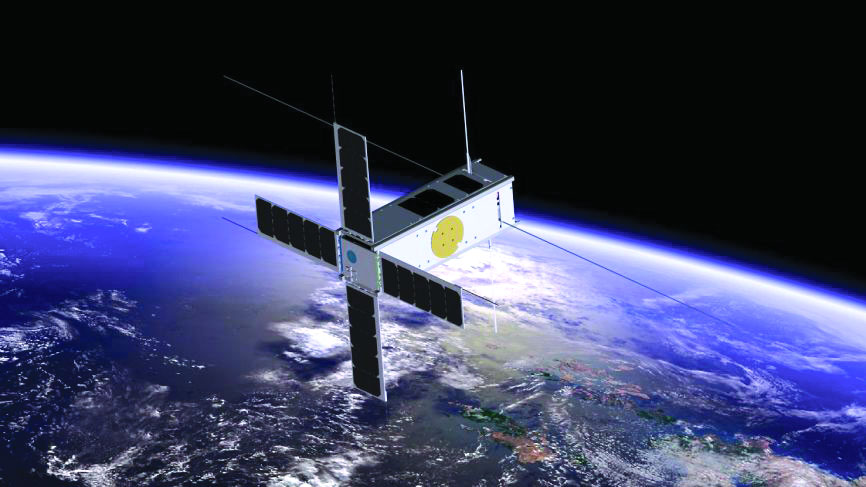India makes it to an elite club by testing its A-SAT missile system though the feat was dimmed by electoral politics
As a nation, we may have clod-hopped our way while steering through prime livelihood issues but when it comes to space exploration and leaving an extra-terrestrial footprint, India is up there with the big powers and has even outshone their combined will and talent. It is through this prism that we must look at Mission Shakti or the launch of an anti-satellite missile (A-SAT) that shot down one of our own defunct, low earth satellites yesterday. Undoubtedly a milestone by scientists at the Defence Research and Development Organisation (DRDO), it makes India the fourth country to have tested such a weapon system after the US, Russia and China. It further puts it in the league of space warriors, who can defend the earth together if needed, while giving each a strategic depth in the time of technological warfare and emergent threats. With this feat, India has also set up another layer of deterrence, not only from long-range missiles but also from any attacks on our existing space assets. In a digitised India, our daily lives depend on them. So Prime Minister Narendra Modi resorted to a national address to assuage fears that this was not just an aggressive design to weaponise outer space but a confident move to enhance the bouquet of our national security. That India, as a signatory to all major international treaties relating to outer space, would be responsible for honouring them and was committed to no-first use. Neither did it target anybody else or infringe on other trajectories during the mission but shot down one of its own satellites which would find its way into our waters. Perhaps, this assurance needed heft, one that was provided by the Prime Minister as the elected head of a democracy.
However, the trouble with DRDO is that its achievement comes at a time when the country is in election mode and the code of conduct means that a lame-duck government cannot announce any project, no matter how prestigious, except in cases of national emergency. And although the Election Commission quickly stepped in to clarify that it would investigate if an exception could be made as A-SAT was a matter of national security, the fact of the matter is DRDO’s feat became fodder for politicking. Opposition parties slammed the announcement, saying it was a dramatised rendition of success which was clearly denied to the scientists concerned and that the DRDO brass should have held forth and not an outgoing Prime Minister. Besides, no matter what the technicalities at play, there is no doubt that Modi and his party, the BJP, used the breakthrough to buttress their theme of the election — national security — and project themselves as best qualified to keep it. A series of tweets by Ministers and other top BJP leaders with the hashtag #NaamumkinAbMumkinHai gave further ammunition to the Opposition with leaders like Samajwadi Party (SP) chief Akhilesh Yadav claiming that this gush drowned out electoral issues that matter on the ground.
It is sad that the discourse around one of India’s most memorable missions has gotten diluted by politics. Both the Indian Space Research Organisation (ISRO) and DRDO deserve more than a pat on their backs for being self-starters, acting independently and setting achievable goals over the last few years without faltering a bit. As this bit of news sinks in, there’s the next lunar mission and preparations for Gaganyaan or the manned mission, intended for 2022, to look forward to. Even NASA has pulled back on manned missions to the moon. ISRO has in a quick spurt of a decade or so emerged as one of the key players in the global space market, particularly as a low-cost carrier of surveillance and communication satellites. Ever since we launched 104 satellites in a single rocket (PSLV-C37), 96 of which were from the US, without any of them colliding in a high risk operation, the big space-probing nations have acknowledged our credibility. With many of our landmark missions costing much lesser than equivalents in Russia, Europe and the US, India can now proudly proclaim to have shifted the axis of the space race to Asia. Space is not just our final frontier, it is a profitable, multi-dimensional one at that.


























